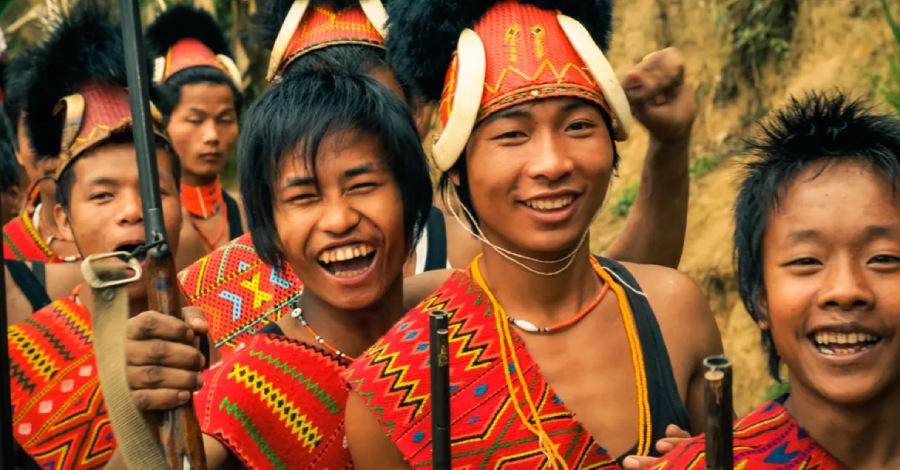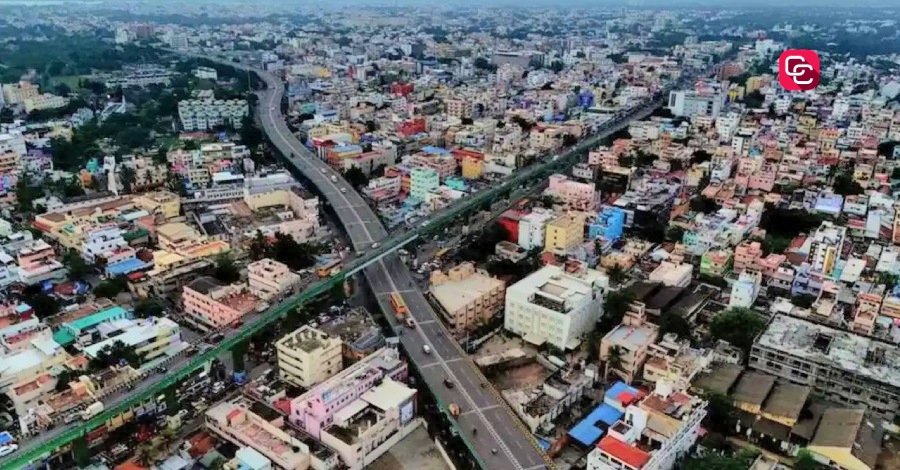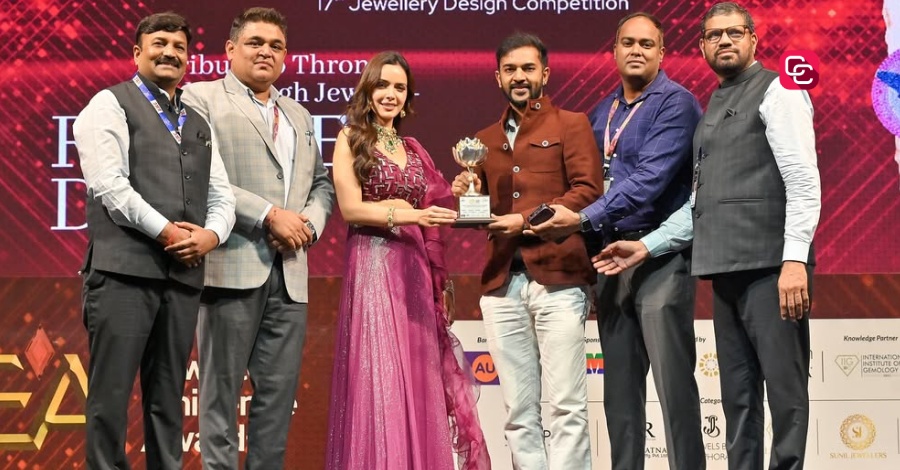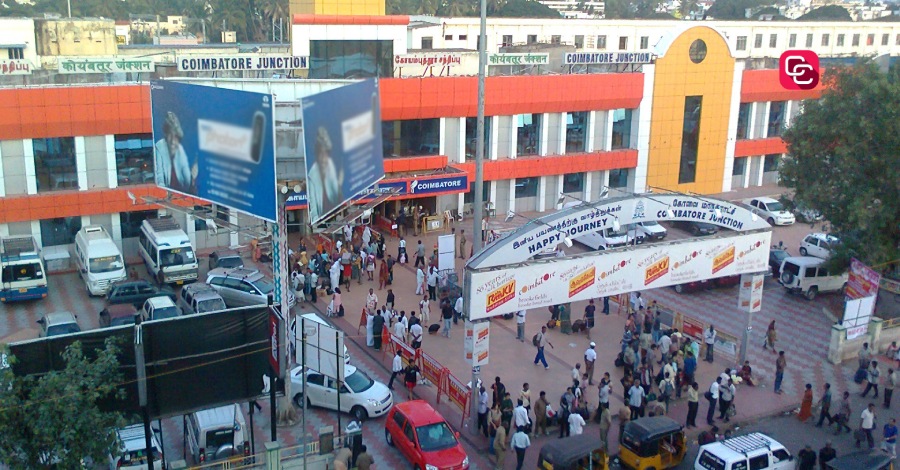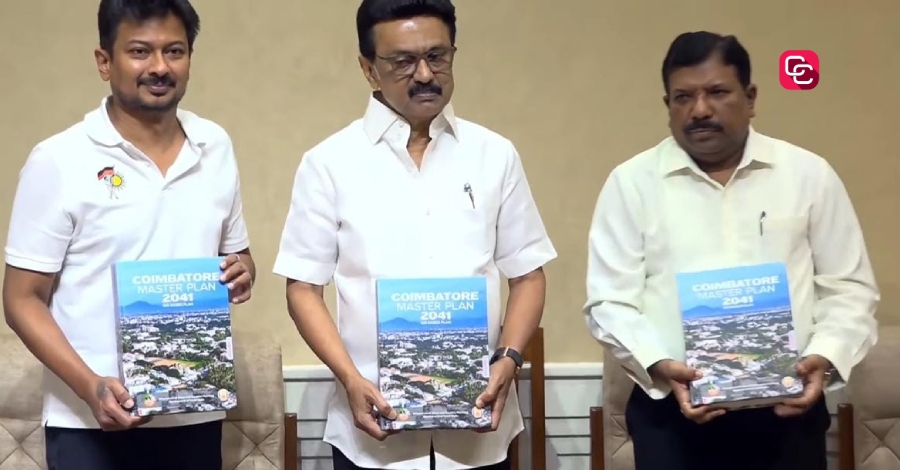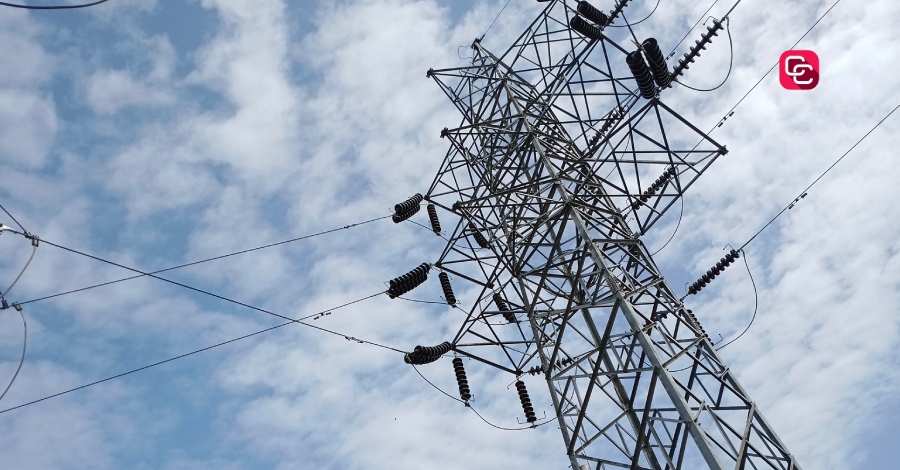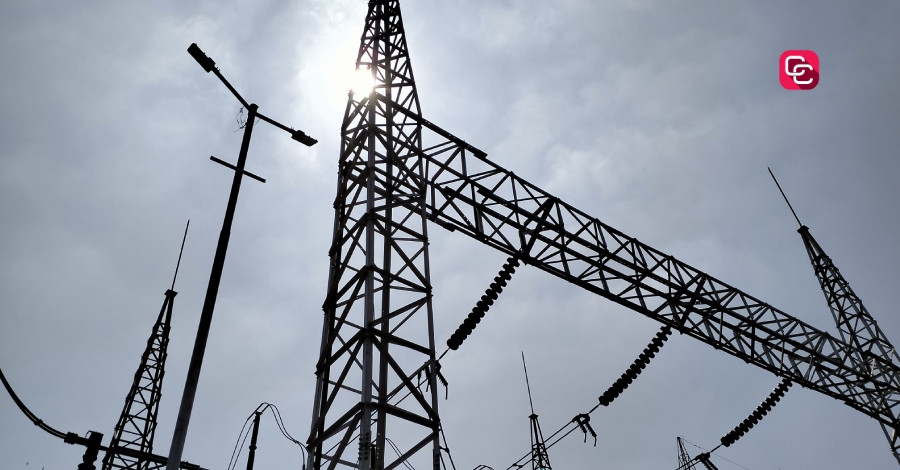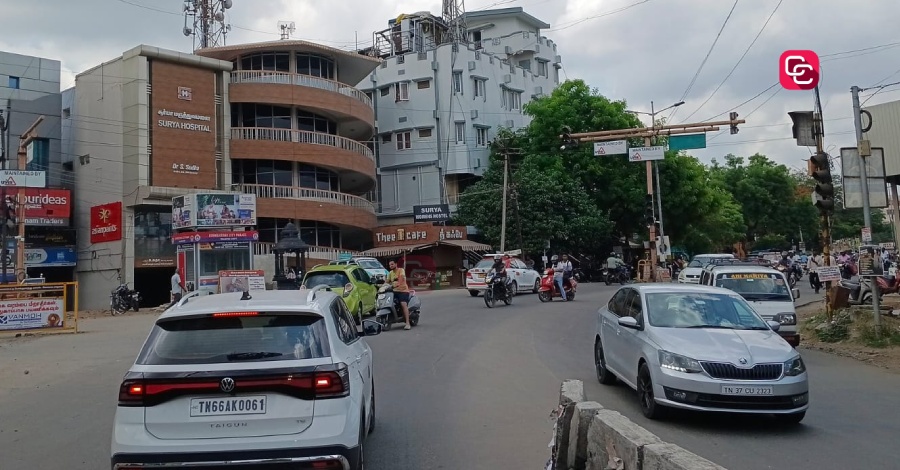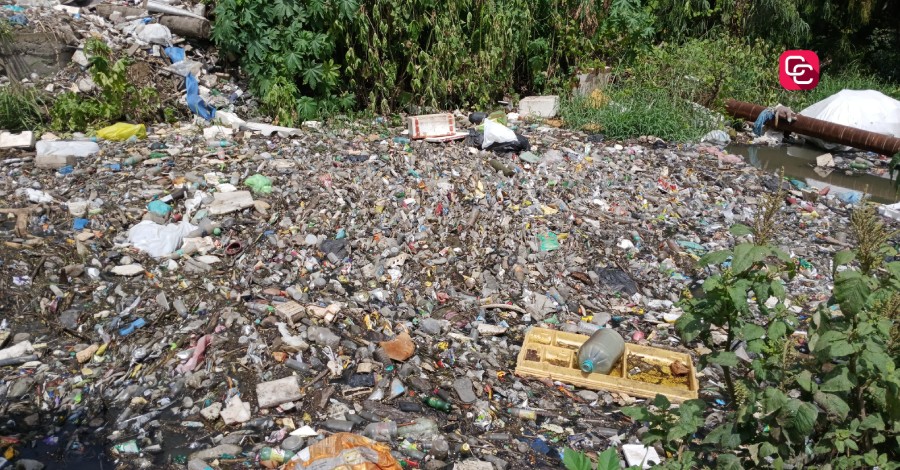Introducing the Nagas in syllabus can help India learn them better – Researcher argues!
- by David
- Jul 21,2023
Nagas – the true sons and daughters of Nagaland in North East India have been struggling for nearly a century since 1929 to be treated as a federal state.
“According to Nagaland-born renowned writer Easterine Kire, the Nagas consider themselves only as Indians by constitution and not by emotion even today,” says Coimbatore-based Researcher Prof.Cavya Deekshith.
Prof. Cavya Deekshith in her Ph.D thesis Resistance and Survival – The Ethno Culture of the Angami Nagas : A New Historic Reading on the Select Novels of Easterine Kire shares about the spirit of Nagas, their relationship with the British, and why they want to be recognized as a federal state.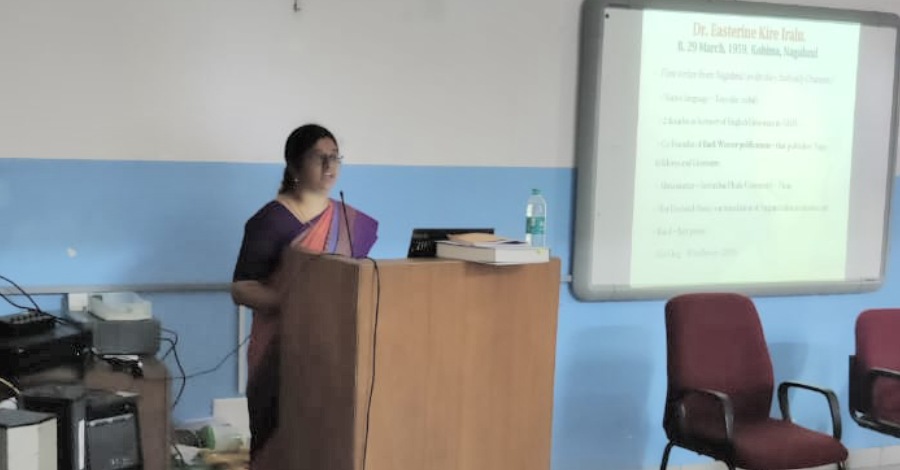
Defending her thesis today in a public viva voce held at Kongunadu Arts and Science College, Prof.Cavya said that Nagas are hill tribes who lived an independent life in their homeland just like every other Indian province before the arrival of British.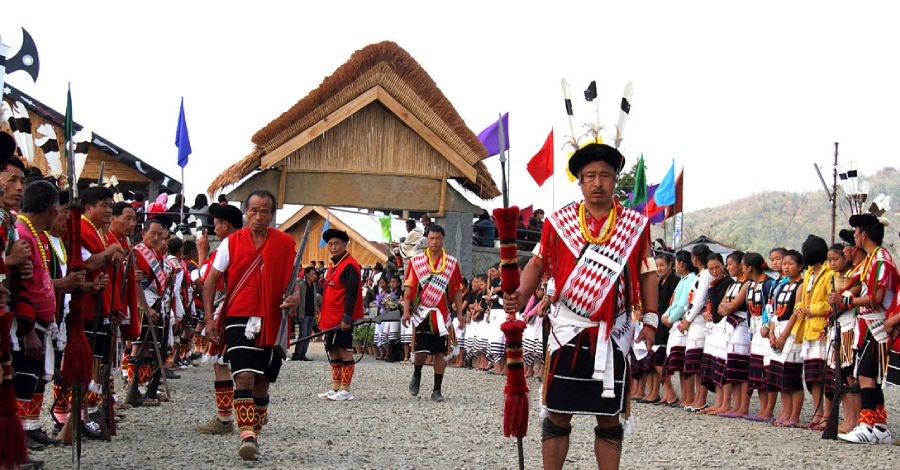
The Mighty British Empire which intimidated several powerful regimes in India during its forced occupation here did not attempt to do that in Nagaland. In fact, the British Administration co-existed with the Nagas and allowed them to continue to rule and administer their villages according to their customs and traditions. This freedom and respect of boundaries helped the British earn the loyalty of the Nagas.
This revelation fascinated the gathering at the Viva Voce as we all know the British to be brutal and they always wanted to sabotage the local administration, and install theirs.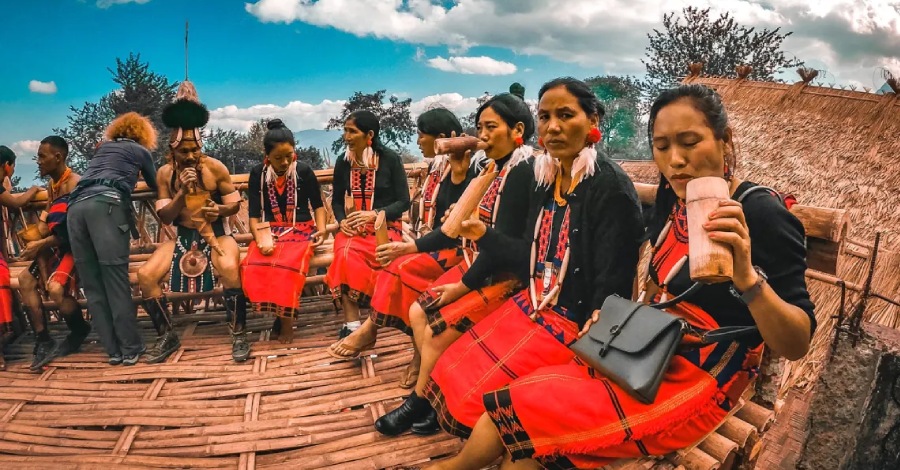
By narrating the highlights of her thesis, Prof.Cavya shared with the gathering various less-known real-life incidents involving Nagas that altered the course of history.
During World War II, the British needed more troops to withstand attacks from Japan, and the Nagas served them well. During the Battle of Kohima in 1944, the Nagas rendered significant support to the British forces, and contributed to their victory. The British admired the courage of the Nagas, and their respect on them multiplied.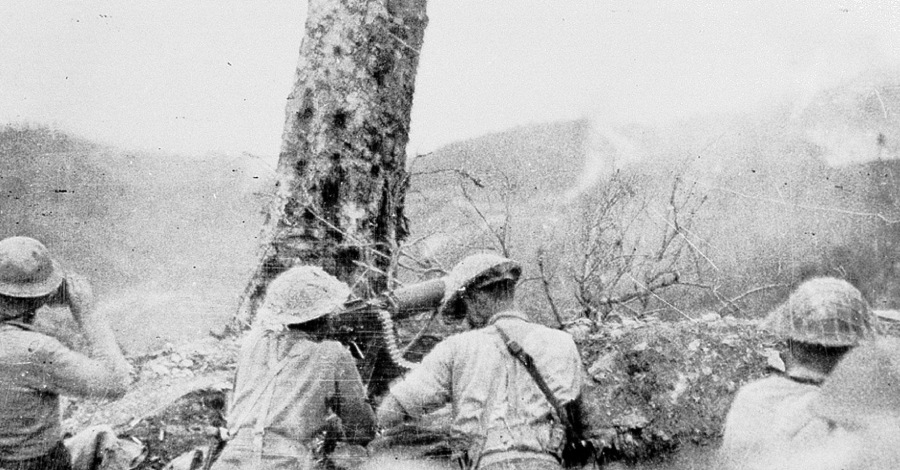
Although the two-month battle shattered the Nagas, the British helped them rebuild their home prior to departing from Nagaland. Their relationship had been a mutually beneficial one. While the Nagas believed in the assurance given by the British Empire, they could not find that with India.
Prof.Cavya shared in her narration that the Nagas had written to former British PM Clement Atlee and to the Simon Commission also to spare them becoming a part of India.
They did not want be included in Indian constitution fearing that they will lose their identity. In spite of all those pleadings and requests, Nagaland became the first state from the North East to be annexed into Indian constitution in 1960. Prof.Cavya got these inputs from Easterine Kire and a few Nagas while interviewing them for her research.
From 1960 to the present the Nagas want the same for themselves; Independence. 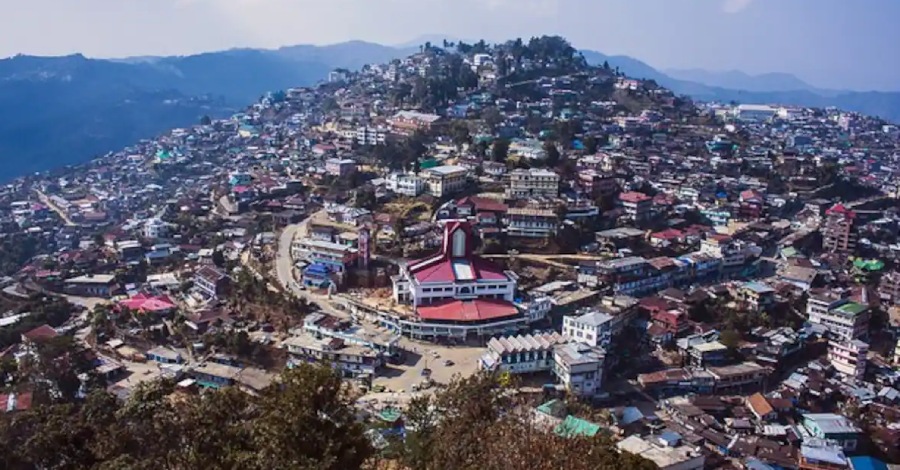
When Prof.Cavya was asked whether Nagaland can face the world as an independent country, she said “they strongly believe they can.”
When asked “don’t they think they should be patriotic?”, she said “ they think they are patriotic to their own land, and they express that they will keep fighting for independence.”
When asked “Whether they have sought aid from UN or the US and Britain?” she said “ They sought UN’s support but they don’t want other nation’s aid to help them get their independence.”
What can be done to make it better for them?
Prof. Cavya argues that while Nagas have their own fight in the world, we(fellow) Indians on the other side have made little attempts to understand them.
The best way, according to Prof. Cavya, the academia can help the world understand the Nagas is by introducing their literature in syllabus, so that, at least the posterity will try to understand the cry of Nagas clearly.

